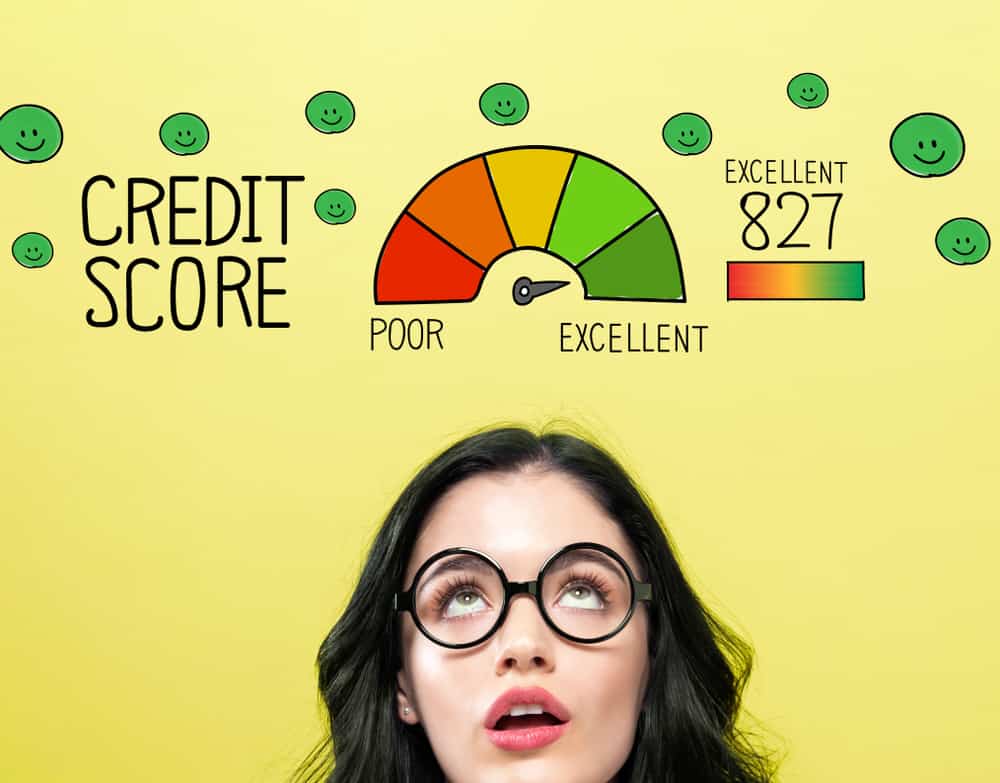Blog
How to Improve Your Credit Score (and One More Reason That Might Be Important in Washington)

You likely know the importance of having a good credit score if you’ve recently tried to get a loan for a home or car. But did you ever stop to think how it could impact what you pay for car insurance in Washington?
Yes, having a good score can result in lower insurance premiums, as insurers may view this as an indication of responsibility. We’ll get into it in a bit.
But first, let’s unpack this whole concept of a credit score. Then we’ll show how to improve yours.
What’s a Credit Score, Anyhow?
Think of your score as your financial report card grade. Companies like FICO, Experian, Equifax, and others accumulate data given to them by the companies with which you do business. They then use varying algorithms to determine how well you’re handling your credit and debt, which translates into that ever-changing score.
Then, when you go to a lender to apply for a loan or fill out an application for plastic, those companies check your score and determine whether they think you’re creditworthy.
What’s a Good Credit Score?
Good question. We can give you some ballpark figures, but we can’t be exact. That’s because each of the scoring agencies uses slightly different methods for crunching the numbers. And the lenders checking out your report might have different definitions of what they consider “good.”
However, we can say in general, scores in the high-600s and up are respected by lenders. That’s out of scoring systems that range from about 300 to 850 points.
How Does My Credit Score Affect My Car Insurance Premiums?
Insurance underwriters believe responsible people are less likely to drive recklessly, and therefore are at a lower risk of getting into expensive accidents for which they’re at fault. That makes them safer drivers.
They also see individuals with higher scores as being more careful and responsible about how they go about their lives – and pay their bills (including their insurance premium). Those with the best credit reports are preferred customers. They are often granted the best rates for coverage on auto, homeowners, rental, and other lines of insurance in Washington and most other states.

So How Do I Improve My Credit Score?
The best news on this topic is that you can make improvements. Whatever your starting point today in terms of credit score, the changes you start to make immediately can improve the numbers considerably over time.
Here are a few relatively easy actions you can take to get those numbers moving in the right direction.
Pay Your Bills on Time
Even better, pay a day or several days before your bills are due. Missed and late payments hurt your score, but on-time payments add points.
Pay Your Card Off in Full (or as Close as You Can)
If you can pay off your entire card balance each month, do it! The credit scoring agencies will love you for it. But if you already have a balance that’s too large to be paid off in full, then do the next best thing and take as big a chunk off of your balance each month as possible.
If you just make the minimum payments every month, you’ll make no real progress toward paying down your balance, and it’s likely to further dent your score.
Use as Little Available Credit as Possible
If you have $10,000 in allowed credit from one or more sources, and you have a $9,000 balance, that means you’ve used up 90 percent of your allowed limit. Not good, as far as the scorekeeper is concerned. It means you’re getting dangerously close to maxing out your line.
Aim to keep your utilization below 30%. For example, if you have a $10,000 limit, keeping your balance at or below $3,000 will be viewed favorably by credit scorers.
Don’t Go Credit Application Crazy
It’s fine to apply for a new card now and then, but it looks like a series of desperate moves if you apply for several cards over a short period of time. The scoring agencies are likely to interpret this as a proactive move to establish a bank of credit before undergoing an expected job loss or other financial downturn.
Keep a Good Credit Card Relationship Going
Credit history is important to the scoring agencies. If you have a card that’s been in good standing for several years, or even a few decades, that’s points in your favor.
Even if your card balance is zero and you haven’t used the card in years, keep it. Don’t close the account. Let it keep working favorably for you without doing a thing.
Don’t Max Out
Do you have a card with a balance near or even occasionally exceeding your limit? That’s the card you should focus on paying down. Add at least a few extra dollars in payment every month to whittle it down.
Maxing out cards draws negative feedback from the scorekeepers.
In the Meantime, Consult With Your Independent Insurance Agent
If you have a poor credit history now, you can work on improving your score over time. But for the here and now, talk with a car insurance agent about reducing your insurance premiums in other ways.
For instance, your agent might show you how to earn discounts by bundling your car insurance with home or life policies from the same insurer.
You might also save significantly by insuring more than one vehicle. Or by letting your independent agent search for the most competitively priced coverage from multiple insurers.
In other words, even if your credit score works against you for now, there are numerous other ways a savvy independent agent can help you find an auto insurance policy that’s right for you.
Get Low-Cost Car Insurance Today, Even with Poor Credit
Call Vern Fonk Insurance at (800) 455-8276 or get a quick online quote for affordable car insurance in Washington. We have many ways to help you save on car insurance. You can also find a Vern Fonk agent at an office near you to discuss your unique coverage needs.


